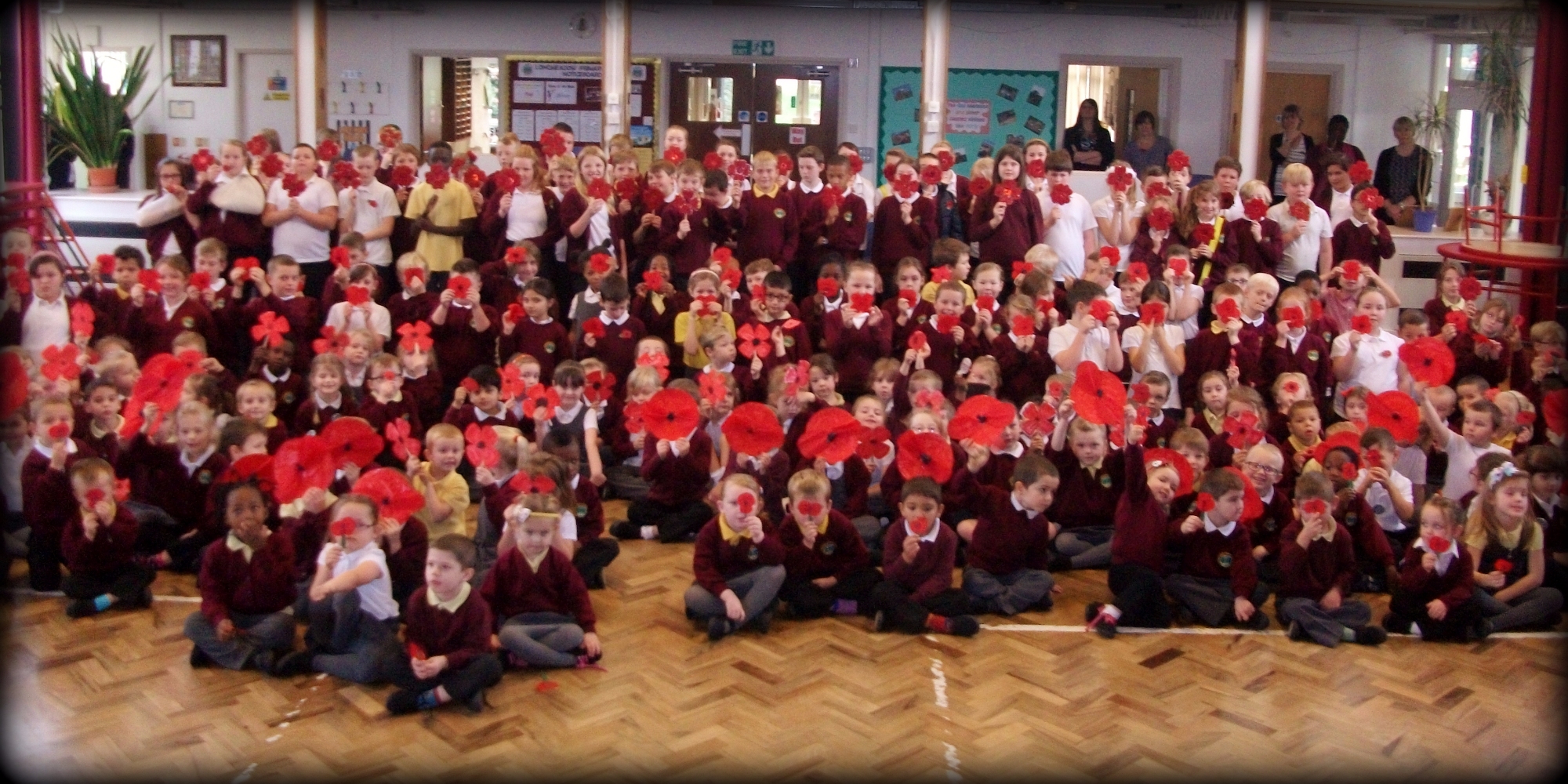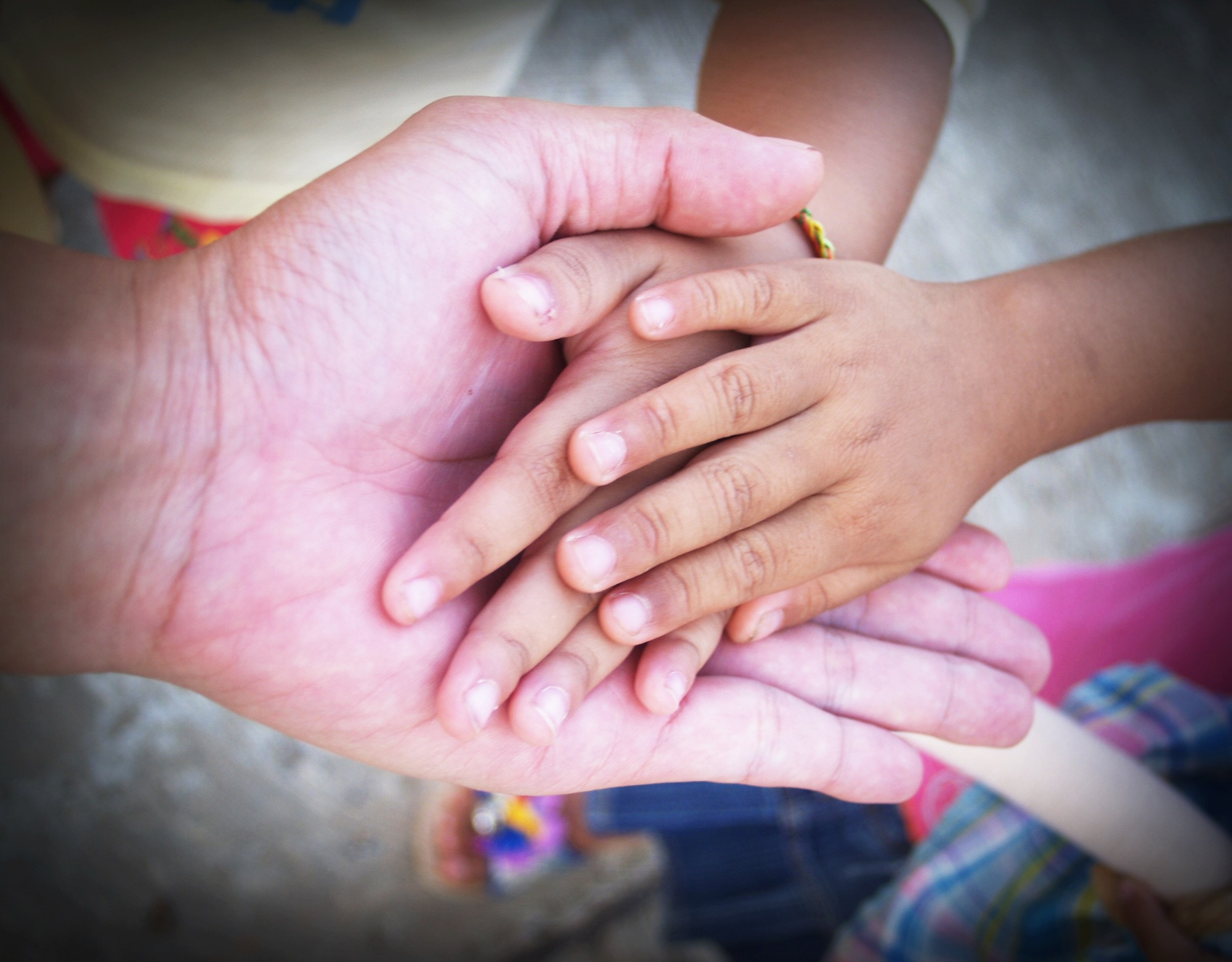Longmeadow
Primary school
Character Education - Values
Character Education: Values and Virtues
At Longmeadow, we subscribe to the Character Education approach of teaching values and virtues.
If values are the goal, virtues are the way to get there. A virtue is a characteristic of a person which supports individual moral excellence and collective wellbeing. In other words, values reflect what is acceptable in terms of culture, but virtues reflect individual human characteristics.
We have 3 core values for our community:
Learning
Passion
Success
These are the overall goals for every member of our school community, including pupils, their families and our staff.
There are 11 wider values, which are explored through our assemblies. They are:
September – Responsibility
October – Politeness
November – Teamwork
December – Happiness
January – Motivation
February – Friendship
March – Compassion
April – Kindness
May – Resilience
June – Pride
July - Reflection
Following DfE guidance, classes complete weekly lessons and activities from the Character Education programme. These lessons intend to teach every child a wide set of virtues, encouraging our pupils to build virtue into their lives. It is based on the principle that we are what we do. The virtues can be split into 4 categories:
|
1. Moral virtue |
The ability to make choices that uphold the good for ourselves and our communities. |
|---|---|
|
2. Civic virtue |
The virtues that enable us to live successfully and harmoniously in groups, communities and societies. |
|
3. Intellectual virtue |
The virtues that enable us to solve intellectual problems and become more technically skilful. |
|
4. Performance virtue |
Virtues such as resilience that enable us to get things done. |
The virtues are presented in an age-appropriate way through short, fun activities. Each year builds on developing more complex ideas to support children in building their character, and each term finishes with a unit of reflection on what they have learned.
The virtues taught each term are as follows:
|
Autumn |
Spring |
Summer |
|---|---|---|
|
Caring |
Cleanliness |
Courtesy |
British Values Statement
The Department for Education (DfE) has a clear and rigorous expectation on all schools to promote the fundamental British values of:
- Democracy
- The Rule of Law
- Individual liberty and mutual respect
- Tolerance of those of different faiths and beliefs

At our school, we actively promote these fundamental British values which are taught through our broad and balanced curriculum helping to prepare our children for life in modern Britain.
We actively challenge pupils, staff or parents expressing opinions contrary to fundamental British values, including any extremist views.
Democracy
Pupil's voice is used as a tool for school improvement. Our School Council is democratically elected by their class, with two representatives from each class across our school.
Pupil interviews are carried out to help evaluate enjoyment and learning. For example, recent changes to the marking system and favourite learning is something we discuss with the pupils and value their opinions.

Children are involved in determining their learning in many ways, for example 'Word of the Week' is chosen democratically, and children have the opportunity to contribute to topic webs to say what they want to learn at the beginning of each topic.
Parents are invited to attend Conversation Meetings with the Headteacher or Senior Leaders each week through Mrs Howley's bonus to gain their views.
We encourage parents to use Parent View to record their views. We use comments to help improve our school.
The Rule of Law
The children understand The Behaviour Policy including our Behaviour Blueprint and our Code of Conduct.
They are taught what is acceptable and not acceptable behaviour in our school, as well as our systems of relentless rewards and alongside consequences. Expectations are reinforced regularly and opportunities are sought frequently to praise children for making positive choices.
Time is always taken to discuss strategies when children have made the wrong choice using a reflect, repair, restore approach in our Rainbow Room or with their class teacher.

In the early years, children are asked to sit on a reflection chair within the setting. Children are aware that their parents will become involved if the wrong choices are frequently made. Through assemblies and valued education, children develop an understanding of law relevant to their age.
Older children understand the consequences of breaking the law. They understand that while different people may hold different views about what is right and wrong, all people living in the UK are subject to its law.
Children know that the law, in the same way as school rules, helps keep us safe, and they recognise when they feel safe and do not feel safe, and who will be trusted people to talk to. We have contact with the local PCSOs and run sessions on internet safety.
Individual Liberty
Every child is aware that they have the right to feel safe. Our children are taught that there is nothing too awful that they cannot talk to an adult in school about.
Children are valued for their differences. Care is taken to provide equal opportunities for boys and girls in sport, through separate football teams, and other joint events such as tag rugby, mini Olympics.

Time and care are taken to know each child as an individual, and regular circle time or class discussion give children a chance to share their feelings and opinions in a safe way.
Opportunities for children to take on more responsibility within the school is encouraged. Year 6 monitors and playground leaders are examples of this.
Mutual respect
We set clear expectations of respectful behaviour through the Longmeadow 3 R's. These set the Longmeadow Way, compromising our three school rules of Be Ready, Be Respectful, Be Responsible.
If children show disrespect to one another this is dealt with through the school’s behaviour policy and parents are involved. Time is taken to discuss the behaviour that is disrespectful. The school takes part in Anti-Bullying Week.

Children are made aware of bullying and how to deal with it. They are taught to value differences in others and themselves and to respect others. Children are encouraged to take responsibility for their behaviour, with support when needed, to resolve conflict and repair relationships.
Every child must feel they are valued, and their strengths are valued. Respect from adult to child is demonstrated by the way adults model behaviour to children.
Tolerance of those of different faiths and beliefs
The school follows the Hertfordshire RE Syllabus which ensures that the children learn about all religions of the world. Children are given opportunities to bring and share from their own culture, faith or belief as part of this.
Assemblies contribute to the knowledge of special occasions or celebrations. We have links with local Christian organisations such as Bridgebuilders, who from time to time conduct assemblies for us.

We have multicultural resources in school to aid our RE/multicultural teaching such as ethnic dolls and faith books. Racist behaviour or language is never tolerated. This is always recorded and dealt with, and parents are always informed.
Part of our vision at Longmeadow is to prepare the children to become valued members of society. Promoting British values enables children to develop a sense of community and begin to understand their responsibilities and role within it.

